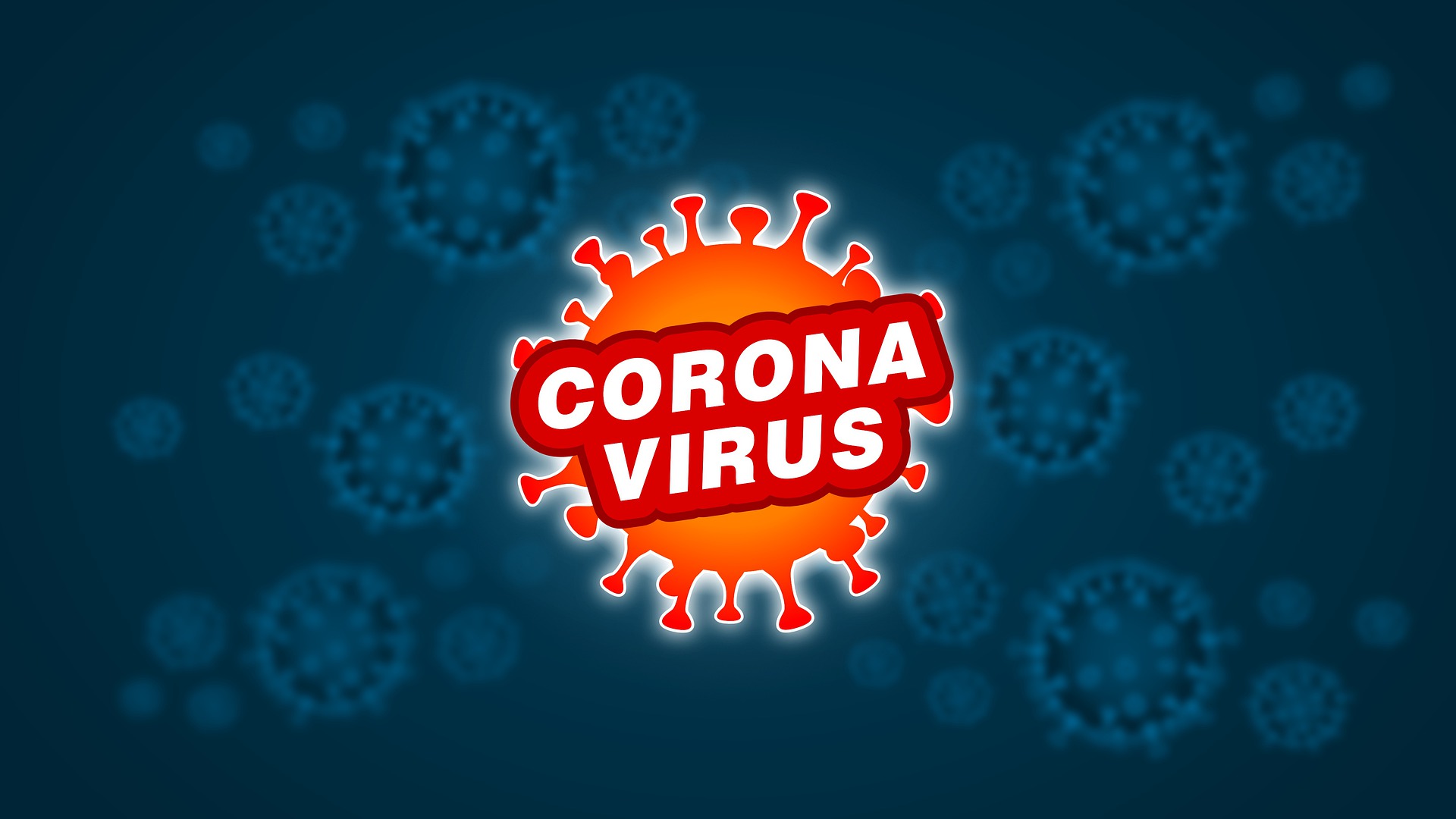By Linda A. Lucuski, P.T.
More than 6.5 million Americans have contracted COVID-19 since the start of the pandemic, according the Centers for Disease Control and Prevention, and thousands more are diagnosed every week.
And while most people suffer mild to moderate symptoms, some may develop complications that could have lasting health effects.
Princeton Rehabilitation, a unit of Penn Medicine Princeton Medical Center, offers outpatient physical therapy to help individuals recovering from COVID-19 return to daily activities of living.
Persistent Symptoms
Most people recover from COVID-19 within two to six weeks. However, in some instances, symptoms may linger for weeks or months, even in people with a mild case of the virus.
According to the World Health Organization (WHO), symptoms that may persist include:
• Fatigue
• Cough, congestion, or shortness of breath
• Loss of taste or smell
• Headache, body aches
• Diarrhea, nausea
• Chest or abdominal pain
• Confusion
Although people without underlying medical conditions can experience prolonged illness, the risk for persistent symptoms increases among people who have high blood pressure, obesity, or mental health conditions, according to the WHO.
Additionally, while much is still unknown about how COVID-19 affects people over time, as the WHO notes, the virus may increase the risk of long-term health complications, including:
• Heart damage or heart failure
• Lung damage
• Joint and muscle pain
• Cognitive impairment, memory loss, or trouble concentrating
• Anxiety, depression, or post-traumatic stress disorder
• Trouble sleeping
Rehabilitation Can Help
Rehabilitation plays an important role in COVID-19 recovery.
Princeton Rehabilitation offers individualized outpatient treatment for patients who are recovering from COVID-19 and experiencing the following symptoms:
• Functional decline
• Difficulty with daily tasks
• Pain with movement
• Decrease in endurance, limited endurance, or strength
• Balance dysfunction and fall risk
• Peripheral neuropathy
• Difficulty breathing with movement
• Cognitive deficits
• Swallowing or voice impairments (due to intubation)
The one-on-one patient care treatment approach, may include:
• Therapeutic exercise to improve strength and range of motion
• Specific exercises for endurance improvement
• Gait training
• Balance and weight-bearing exercises
• Breathing and relaxation to increase breathing ability
• Swallowing studies and voice evaluations
In-person visits are offered at five locations, including in Hamilton, Princeton, Monroe, South Brunswick and Plainsboro. Physical therapy appointments are available during daytime and evening hours, including in the early morning. Therapists also provide treatment sessions via telehealth.
Tips for Recovery
In addition to rehabilitation, the WHO offers the following recommendations to help patients manage their recovery after COVID-19:
• Aim for some level of cardio exercise for 20 to 30 minutes, five days a week. Any activity that makes you feel mild to moderately breathless can be counted toward your goal. Time your exercise and gradually increase the duration to build endurance. This may be in small increases such as an additional 30 seconds or one minute of activity. It may take a while to return to the level of activity you were normally able to do before you became sick. Talk to your doctor or physical therapist about an exercise program that is right for you.
• Add strength-training exercises to your routine. This will help improve muscles that have become weaker as a result of your illness.
• Pace yourself and try to do light tasks between heavier ones. You may need to leave yourself time during the day to rest. Let others help you with tasks that you may be struggling with. Things like caring for children, shopping, preparing meals, or driving may be difficult. Accept offers of support and let people know how they can help.
• Ease back into activities. Do not try to take up full activities until you feel ready. This may mean talking to an employer about a gradual return to work, taking on a role that is easier for you to manage, getting support for childcare, and returning to hobbies slowly.
• Get enough quality sleep. Ensure that your environment is free from things that might disturb you, such as too much light or noise. Minimizing nicotine (such as from smoking), caffeine, and alcohol and adding relaxation strategies will help you with falling and staying asleep.
• Eat a balanced and nutritious diet. A nutritious diet, rich in fruits and vegetables is good for your overall health and well-being. If you experience difficulties swallowing from being ventilated, try foods of different consistencies, and take your time when you eat.
• Stay socially connected. Talking with others can help to reduce stress and may also help in finding solutions for challenges in your recovery journey. If you live by yourself, staying in contact with friends or family on the telephone or online can help you to feel less alone.
A serious illness like COVID-19 can take a significant toll on your physical and mental health. Rehabilitation is an important step in the recovery journey and can help you regain function and return to a healthy life.
For more information about Princeton Rehabilitation or to find a physical therapist with Princeton Rehabilitation call 609-853-7840 or visit www.princetonhcs.org.
Linda A. Lucuski, P.T., D.P.T. is a licensed physical therapist and director of Penn Medicine Princeton Medical Center Princeton Rehabilitation in Hamilton.

